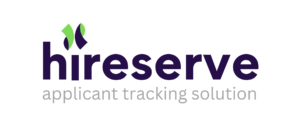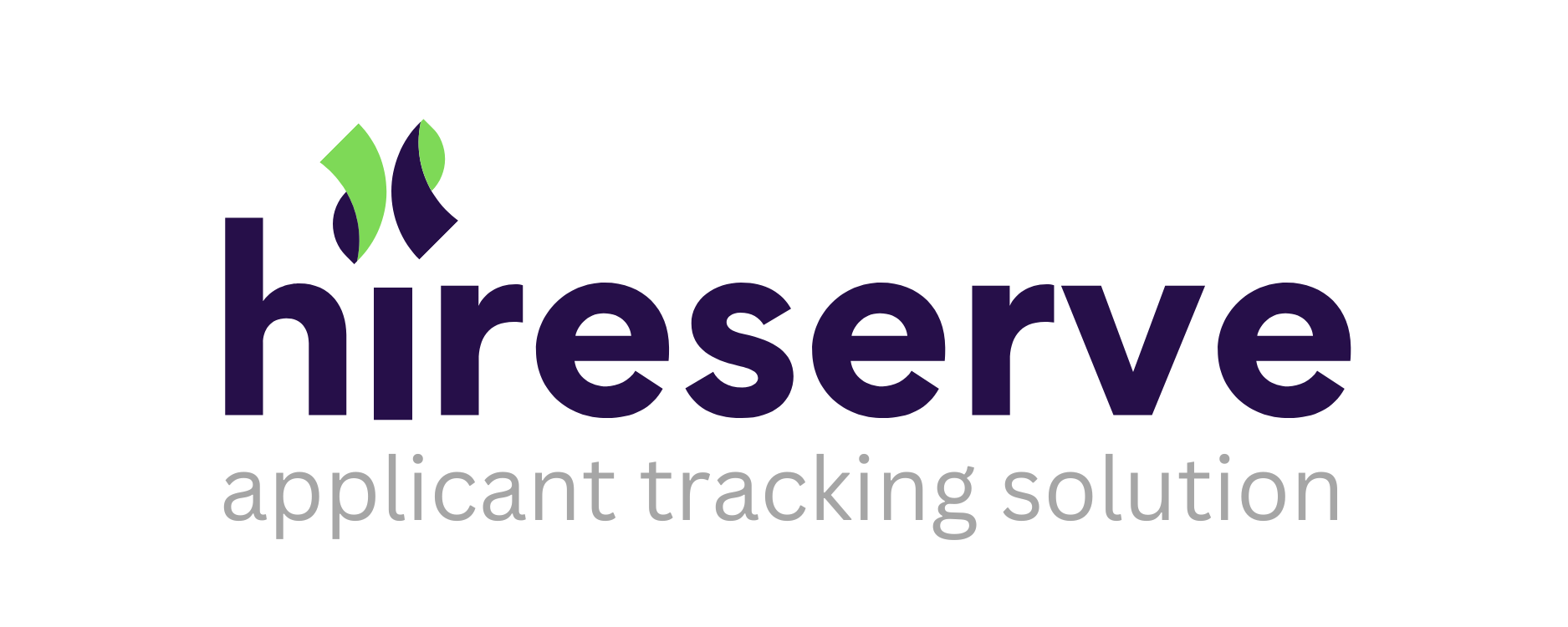Ensuring that new hires become productive quickly is crucial for your organisation. On average, an employee can take up to 8 months to one year to reach full productivity depending on the role. A swift time-to-productivity not only maximises the return on investment for recruitment efforts but also integrates fresh talent effectively into your existing teams.
Here are some key strategies to accelerate the time-to-productivity in your organisation.
Streamline the Onboarding Process
Pre-Boarding Essentials: The journey to productivity starts before a new hire first day. Pre-boarding involves completing necessary paperwork, providing access to essential tools, and offering a welcome pack with company info. This can help reduce admin delays and can help new hires feel valued from the outset.
Structured onboarding programmes: A week structured onboarding programme is critical. It should cover the company’s culture, values, and expectations along with role-specific training. Break down the onboarding process into manageable segments, ensuring a balance between information overload and under-preparation.
Assign a mentor: Pairing new hires with a mentor can significantly ease their transition. This person can provide guidance, answer questions, and offer support helping the new hires settle in quickly and offers a sense of confidence.
Check out our article on what to include in your onboarding pack
Provide Clear Goals and Expectations
Setting SMART Goals: Set specific, measurable, achievable, relevant, and time-bound goals (SMART) for new hires. Clear objectives give direction and enable them to understand their role within the bigger picture. Regularly review and adjust these goals to align with your organisations needs.
Detailed Job Descriptions: Ensure that job descriptions are comprehensive and accurate. They should outline the key responsibilities, expectations, and performance indicators. This clarity helps new hires understand their tasks and how their role will contribute to the organisation.
Leverage Technology for Efficient Integration
Digital Onboarding Platforms: Utilise digital onboarding platforms to streamline the onboarding process. These platforms can automate administrative tasks, provide access to training materials, and track the progress of new hires.
Find out how Hireserve ATS can help with onboarding
Knowledge Management Systems: Implement knowledge management systems to facilitate easy access to company information and resources. A well-organised repository of documents, FAQs, and tutorials can empower new hires to find answers independently, speeding up their learning curve.
Foster a Supportive Work Environment
Encouraging Open Communication: Create an environment where open communication is encouraged. Regular check-ins and feedback sessions can help new hires voice concerns, ask questions, and receive constructive feedback.
Building a Collaborative Culture: A collaborative culture enhances productivity. Encourage teamwork and inter-departmental collaboration through regular team-building activities and cross functional projects.
Invest in continuous Training and Development
Role-Specific Training: Provide training tailored to the specific role of the new hire. This should include technical skills, industry knowledge and company specific processes. Investing in training shows your commitment to their growth and equips them with the tools needed to excel.
Soft Skills Development: Beyond technical skills, soft skills are crucial for overall productivity. Offer training in communication, problem-solving, and time-management. These skills enhance a new hire’s ability to work effectively within a team and adapt to the organisational culture.
Continuous Learning Opportunities: Promote a culture of continuous learning by offering opportunities for professional development. This could include workshops, online courses, and conferences. Encouraging new hires to continuously develop their skills keeps them engaged and productive.
Implement Performance Tracking and Feedback Mechanisms
Regular Performance Reviews: Conduct regular performance reviews to track the progress of new hires. This provides an opportunity to acknowledge their achievements, address any challenges, and set new goals. Constructive feedback helps them understand areas for improvement and reinforces positive behaviour.
Foster Inclusion and Belonging
Inclusive onboarding practices: Ensure your onboarding practices are inclusive. Recognise and address the diverse needs of new hires, including cultural, linguistic, and accessibility considerations. An inclusive approach helps all new hires feel valued and respected, accelerating their integration and productivity.
Build a sense of belonging: Create initiatives that build a sense of belonging among new hires. This can include social events, team lunches, and informal gathering. A strong sense of belonging boosts morale and motivates new hires to contribute effectively.
Encourage Early Contributions
Assigning Meaningful Projects: Assign new hires meaningful projects early on. This not only demonstrates trust but also provides them with a sense of purpose. Choose projects that align with their skills and offer opportunities to highlight their abilities.
Celebrating Early Wins: Acknowledge and celebrate the early achievements of new hires. This positive reinforcement boosts their confidence and encourages continued effort and productivity.
Accelerating the time-to-productivity for new hires is a process that requires careful planning and execution. By streamlining the onboarding process, providing clear goals, fostering a supportive environment, leveraging technology, investing in training, implementing feedback mechanisms, fostering inclusion, and encouraging early contributions, you can ensure that new hires become productive, engaged members of your team quickly. By adopting the above strategies, you will enhance individual performance but also contribute to the overall success and growth of your organisation.


